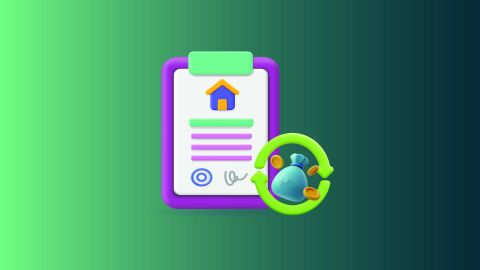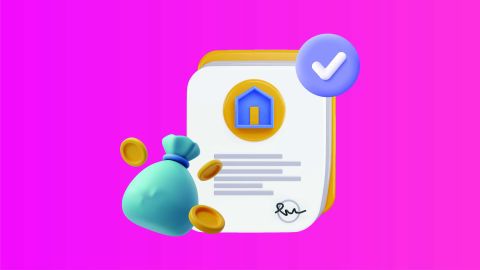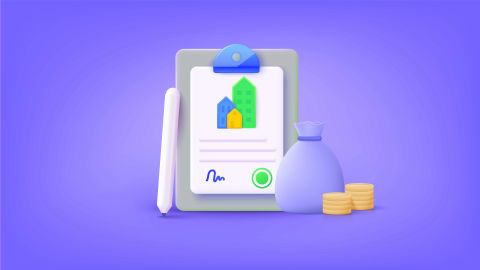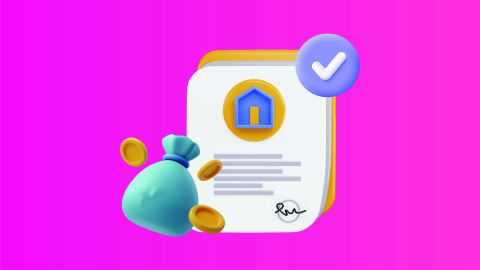Loan against property is an affordable funding solution to arrange finances for various expenses. Since loan against property is a secured loan, the interest rates and other charges are low compared to unsecured loans like personal loans.
One of the prime considerations before availing a loan against property is the rate of interest. It depends on several factors like CIBIL score, property valuation and the loan amount among others. Loan against property are high-value loans where the amount can be in crores.
For instance, Bajaj Finserv offers loan against property of up to Rs. 10.50 crore* to eligible salaried and professional applicants. Here are the factors that can affect the interest rates on your loan against property:
1. Credit Score
Your credit score plays a vital role in determining the interest rate while availing a loan against property. It is usually recommended to have a credit score of 700 or higher to avail loans at competitive interest rates.
On the other hand, if you have a low credit score, the lender may view you as a high-risk borrower and may charge a high-interest rate. In some cases, your application may also be rejected.
Additional Read: How Does Your Credit Score Affect Loan Against Property Eligibility?
2. Borrower’s Profile
The borrower’s age, occupation, city of residence and monthly income, etc., have a bearing on the interest rate charged by the lender. If a salaried person is nearing retirement, the lender may charge a higher interest rate whereas someone early in his/her job may get better deals on loans.
Generally, a lender may ask for lower rates for a loan against property to salaried employees since they have a regular and fixed source of income. On the other hand, self-employed applicants may be charged higher interest rates as their income is not regular. The loan against property eligibility criteria and the subsequent rate of interest may vary across lenders.
3. Type of Property to be Mortgaged
The type of property to be mortgaged plays an important role in determining the rate of interest for a loan against property. The interest rate may differ for commercial and residential properties since they both have a different value. Also, the age of the property and its location might affect the rate of interest.
4. Loan Tenor
The tenure of your loan is another factor in determining the loan against property interest rate and subsequent EMIs. Note that these loans are long-term commitments where you need regular EMIs for up to 10-15 years. The shorter the tenor, the higher are the EMIs and vice-versa. Some lenders might ask for a little higher rate of interest if the loan is availed for a shorter tenor.
Additional Read: How To Determine The Ideal Tenor of Your Loan Against Property
However, Bajaj Finserv’s Loan Against Property comes with a flexible tenor that helps you repay the loan conveniently without impinging on other essential financial goals.
DISCLAIMER:
While care is taken to update the information, products, and services included in or available on our website and related platforms/websites, there may be inadvertent inaccuracies or typographical errors or delays in updating the information. The material contained in this site, and on associated web pages, is for reference and general information purpose and the details mentioned in the respective product/service document shall prevail in case of any inconsistency. Subscribers and users should seek professional advice before acting on the basis of the information contained herein. Please take an informed decision with respect to any product or service after going through the relevant product/service document and applicable terms and conditions. In case any inconsistencies observed, please click on reach us.
*Terms and conditions apply








